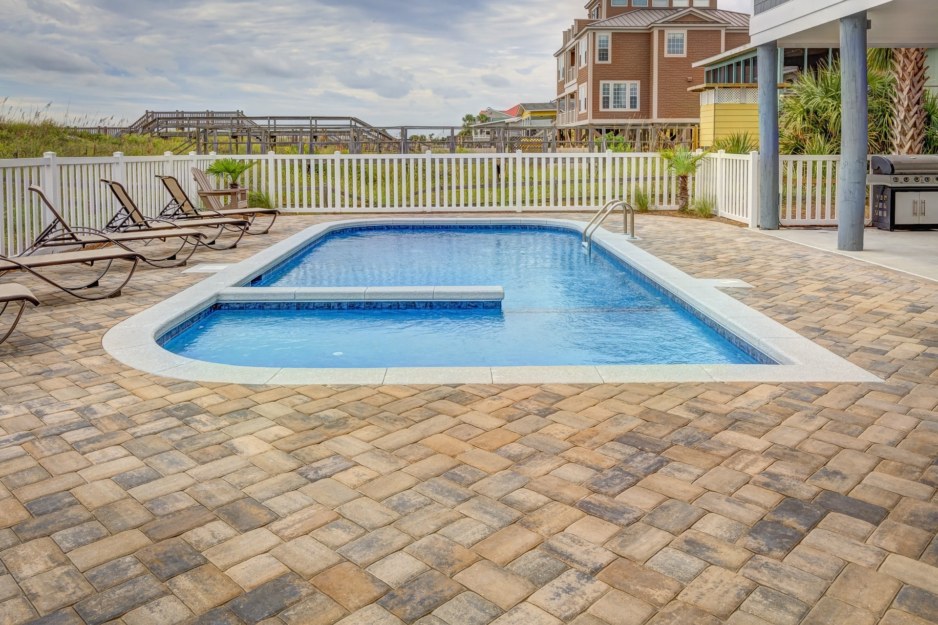Should Using the Pool Cost You More?
Should Using the Pool Cost You More?
Question: Are there any homeowners associations (“HOAs”) that assess dues to different homes based upon the individual homeowners’ use of or impact on the neighborhood amenities? Our community includes private streets that the HOA pays to maintain. We have residents that live in the front of the development that say they should pay a lower assessment rate because they don’t use all of the streets. The HOA’s board of directors feels that this is not a viable or fair way to assess the dues. Can you offer any guidance to how this should be handled?
Answer: Some communities have abundant amenities available to their residents – swimming pools, clubhouses, lakes, playgrounds, walking trails, athletic fields, or private streets with gated entrances. Other communities have only a landscaped entryway that the HOA must maintain, with public streets maintained by the city, county or state.
Some developments have certain “sub-sections” with amenities available only to the homeowners within those sections. Generally, the cost of maintaining those exclusive amenities is taxed solely against the homes within that section, and there may even be a separate HOA that is charged with maintaining the amenities in that section and collecting assessments to pay for them. We often see this in a community that contains townhomes or condominiums surrounded by single-family detached housing.
Your question relates to whether homeowners who have equal access to the amenities should be allowed to pay differing rates, depending on their individual usage of the amenities. I’m sure you can imagine the administrative nightmare that would result if the HOA was expected to monitor individual homeowners’ use of the amenities, and assess them accordingly. For that reason, most communities provide access to the amenities, and assess the cost of maintaining them, uniformly for all lots within the subdivision.
HOAs operate as mini-municipalities. City or county governments typically don’t tax citizens differently based upon how much garbage they generate, how often they call the police, whether they have children in public schools or how much they utilize other county services. There are certain services, such as water usage, that can be easily measured with meters or other methods, so those services are billed on an individual’s utilization of the usage. But as far as private streets are concerned, I know of no HOA that levies assessments at varying rates depending on where homes are located within the community. In fact, many HOA CCR’s (covenants, conditions and restrictions) contain specific provisions providing that owners cannot exempt themselves from payment of assessments by non-use of the amenities.
This column was originally published in the Charlotte Observer on November 12, 2016. © All rights reserved.
